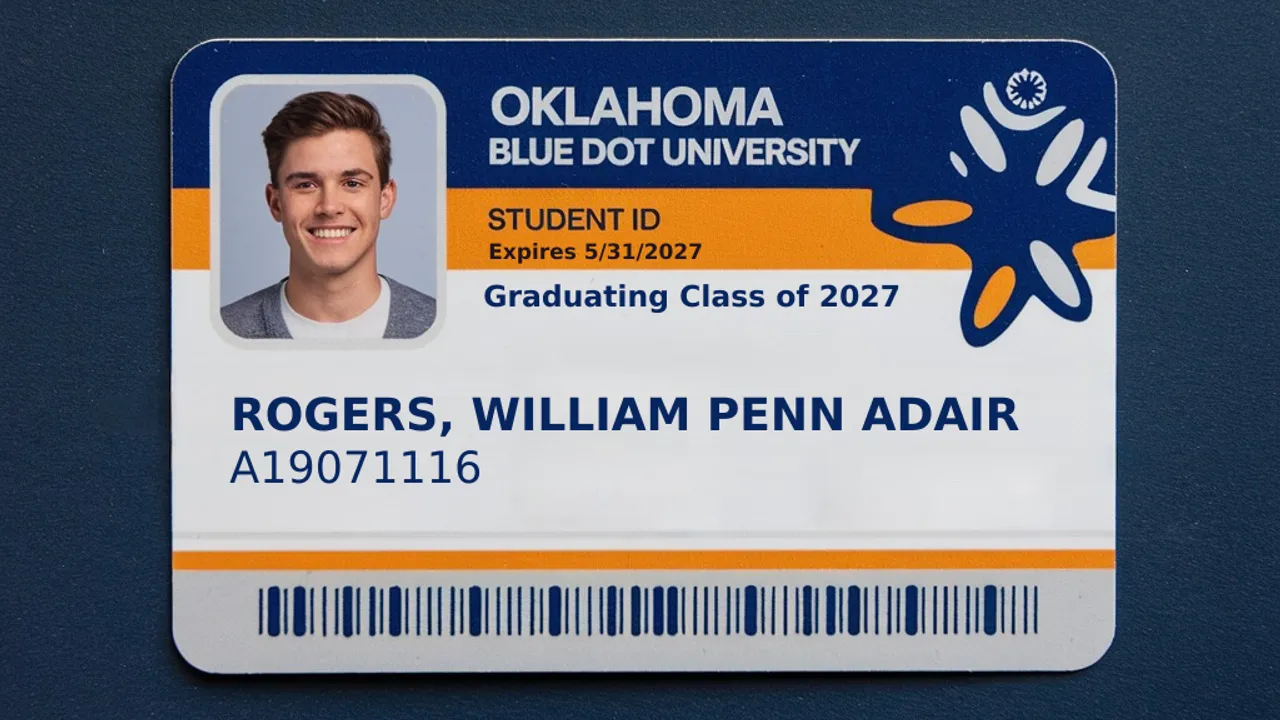In a state where youth voter turnout has already plummeted, Oklahoma House Representative Jim Olsen (R-HD2) has filed new legislation that could make it even harder for young people to cast their ballots.
House Bill 1007, introduced quietly amid controversy over Olsen's now perennial Ten Commandments legislation, would ban the use of student IDs at polling places. A companion bill, HB 1005, goes further by eliminating current voter ID cards by 2027 and implementing stricter photo ID requirements.
In 2022, less than 25% of registered Oklahoma voters under 30 participated in the November election – down from 31% in 2018, and notably, to date, there have been no major incidents of voter fraud involving student IDs in Oklahoma. Instead, these bills appear to address a non-existent problem while creating real barriers for young voters already struggling to make their voices heard in state politics.
For Oklahoma's college students, who rely on student IDs as identification, these bills create unnecessary hurdles to democratic participation. While HB 1005 does include provisions for free photo IDs, the additional documentation requirements simply create new barriers in a state already lagging in voter access.
For example, Oklahoma recently became the 40th state to implement online voter registration, but the system is still limited to voters with a current Oklahoma Driver License or State ID with a digital signature on file with Service Oklahoma – and the information must match exactly, down to specific abbreviations.
Meanwhile, state lawmakers continue to make decisions that disproportionately affect young people: education funding, reproductive rights, gender-affirming care, and environmental policies that will shape Oklahoma's future. Without equal access to the ballot box, young Oklahomans risk losing their voice in these crucial debates.
Olsen's bills are part of a larger legislative package that includes mandatory Ten Commandments displays in schools, further abortion restrictions, and expanded gun rights. But it's the voting measures that could have the most lasting impact on Oklahoma's democratic participation.
As Oklahoma heads toward 2025, the question isn't just about ID requirements – it's about whether an entire generation of Oklahomans should have a harder time accessing democracy's most fundamental right.
For now, the message from Oklahoma's Republican leadership seems clear: religious displays in schools are an emergency requiring immediate action, but ensuring young people can vote isn't a priority. For a state already struggling with youth civic engagement, these bills could continue to push young voter participation to historic lows. 🔵
